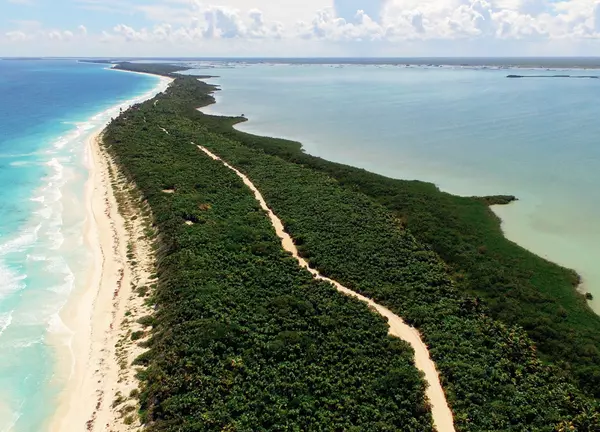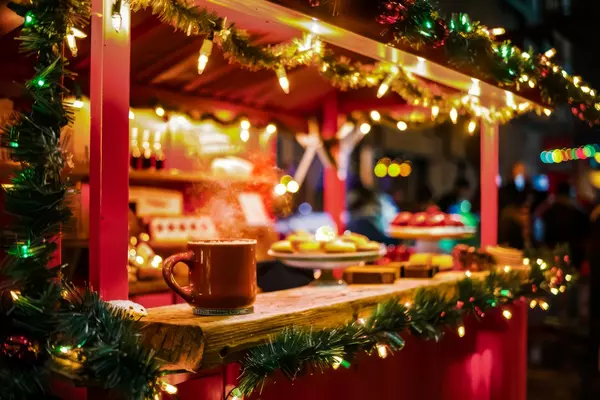Top 10 Factors To Consider When Buying A Cottage
Purchasing a cottage is a dream for many Canadians who long for a peaceful retreat to unwind and create lasting memories with family and friends. Ontario, with its picturesque lakes and lush forests, offers numerous options for those looking to invest in a cottage property. However, there are important factors to consider before jumping into this exciting endeavour.
Here are the top 10 things to keep in mind when searching for your perfect cottage.
1. Location, Location, Location
Finding the right location for your cottage is crucial. Consider the distance from your primary residence, as shorter commutes can lead to more frequent visits. Research the local community and amenities, such as grocery stores, medical facilities, and recreational opportunities. Decide whether you want a secluded retreat, a bustling lake community, or something in between.
2. Waterfront vs. Non-Waterfront
Waterfront properties are generally more expensive but offer the idyllic experience of enjoying water activities right at your doorstep. Non-waterfront properties may be more budget-friendly but could require additional travel for water access. Investigate the quality of the shoreline, water depth, and any potential flooding risks.
3. Seasonal vs. Year-Round
Seasonal cottages are typically more affordable but may have limited access or functionality during colder months. Year-round cottages often have better insulation, heating systems, and road access, allowing for use throughout the year but potentially at a higher purchase price. Consider your desired usage and weigh the pros and cons of each option.
4. Legal Restrictions and Zoning Regulations
Familiarize yourself with local zoning bylaws, which may restrict building or renovation possibilities. Investigate shoreline setbacks, conservation authority regulations, and building permit requirements. Check for easements or rights-of-way that may grant access or use rights to neighbours or utility companies.
5. Financing Options
Explore financing options, such as traditional mortgages, home equity lines of credit, or cash-out refinances. Keep in mind that some lenders may require larger down payments or charge higher interest rates for vacation properties. Consult with a financial advisor or mortgage broker to find the best solution for your situation.
6. Property Taxes and Insurance
Property taxes and insurance for cottages can be more complex and costly than for a primary residence. Understand the factors that affect these costs, such as distance from emergency services, infrequent occupancy, or reliance on wood stoves. Research additional insurance coverage for waterfront properties or short-term rentals, if applicable.
7. Hidden Costs
Owning a cottage comes with hidden costs, such as regular maintenance, repairs, utilities, and potential expenses related to septic systems or well water. Factor these costs into your budget and long-term financial planning.
8. Rental Potential
Consider the possibility of renting out your cottage as a vacation property. Short-term rentals can provide supplemental income but may require additional time and effort to manage.
It’s important to familiarize yourself with local regulations governing short-term rentals and consult with a lawyer or accountant to ensure compliance.
9. Potable Water and Water Systems
Assess the availability and quality of potable water at the cottage property. Many cottages rely on well water or lake water, which may require treatment or purification to ensure it's safe for consumption. Check the existing water system for its age, capacity, and maintenance history. If a well is present, inquire about the depth, flow rate, and recent water test results. Factor in the costs of any required upgrades, ongoing maintenance, or water testing to ensure a safe and reliable water supply for your cottage.
10. Septic Systems and Maintenance
Examine the septic system on the cottage property, as it plays a crucial role in managing wastewater. Determine the age, type, and capacity of the system, as well as its maintenance history. Ensure the system has been inspected and complies with local regulations. Be aware of the potential costs associated with septic system maintenance, repairs, or replacement, and educate yourself on proper usage and care to avoid future issues. Regular inspections and professional servicing are essential to maintaining a functional and environmentally friendly septic system at your cottage.
Conclusion
Investing in a cottage is an exciting opportunity that can provide years of relaxation and enjoyment for you and your loved ones. By carefully considering these 10 factors, ranging from location and water access to potable water and hidden costs, you can make an informed decision when purchasing your dream cottage.
Remember to engage the services of professionals, such as real estate agents, lawyers, and financial advisors, to guide you through the process and ensure a smooth and successful purchase. Happy cottage hunting!
Categories
Recent Posts











